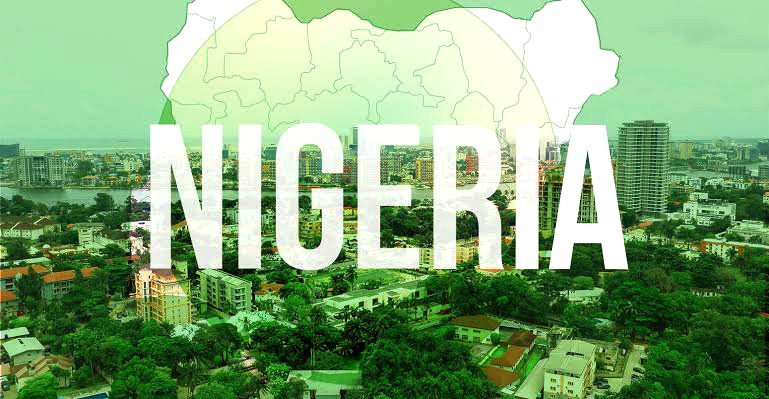
Nigeria: The Giant of Africa
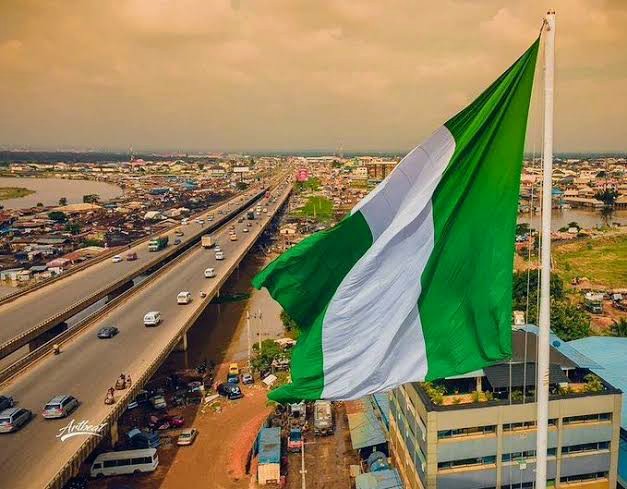
Nigeria, officially the Federal Republic of Nigeria, boasts a rich history, culture, and diversity. As Africa’s most populous country, it significantly influences the continent’s economy, politics, and social dynamics. To understand Nigeria better, we will examine its history, population, flag, national anthem, geographical layout, languages, states, and its capital.
History
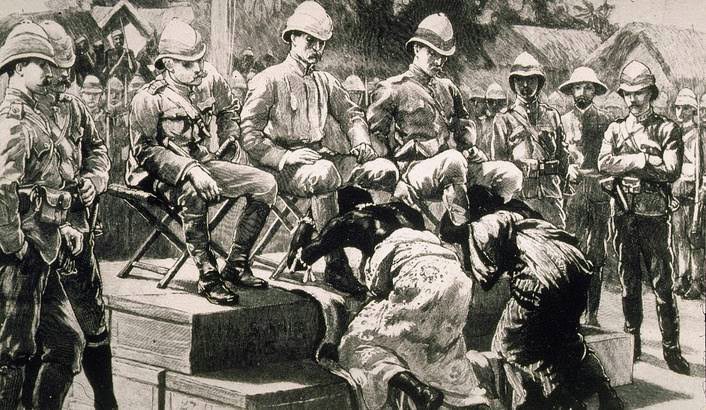
Nigeria’s history is both ancient and complex. The region now known as Nigeria has seen human habitation for thousands of years, with evidence dating back to at least 9000 BC. Various ancient African civilizations thrived here, including the Nok culture, noted for its unique terracotta sculptures from around 1000 BC to 300 AD.
During the medieval period, several powerful kingdoms and empires emerged in Nigeria. Among them, the Kingdom of Nri of the Igbo people, the Oyo Empire of the Yoruba people, and the Benin Empire stood out. These kingdoms featured advanced political systems, art, and trade networks that reached Europe and the Middle East.
The arrival of Europeans in the late 15th century marked a new era. Portuguese explorers first reached Nigeria, followed by the British, who established colonial rule over the region in the 19th century. The British amalgamated various ethnic groups and territories into Nigeria in 1914.
Nigeria gained independence from British rule on October 1, 1960. However, the post-independence period saw political instability, ethnic tensions, and civil war. The Nigerian Civil War, also known as the Biafran War, lasted from 1967 to 1970 and remains one of the deadliest conflicts in African history. Despite these challenges, Nigeria has made significant strides in nation-building and continues to evolve as a key player on the global stage.
Nigeria Population
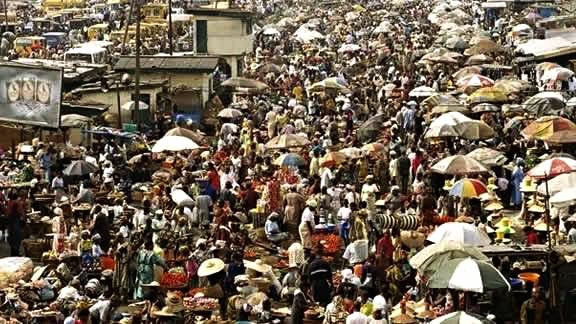
Nigeria ranks as the most populous country in Africa and the seventh most populous globally. As of 2021, Nigeria’s population exceeds 200 million. The country features a youthful demographic, with a median age of around 18 years, presenting both opportunities and challenges for development.
Nigeria’s population is incredibly diverse, comprising over 250 ethnic groups. The three largest ethnic groups, the Hausa-Fulani, Yoruba, and Igbo, together constitute more than 60% of the population. Other significant ethnic groups include the Ijaw, Kanuri, Tiv, and Ibibio.
In addition to ethnic diversity, Nigeria also exhibits religious diversity. The northern region predominantly practices Islam, while the southern region primarily follows Christianity. Traditional African religions also maintain a presence throughout the country. This religious diversity sometimes leads to tensions, but it also enriches Nigeria’s cultural tapestry.
Nigeria Flag
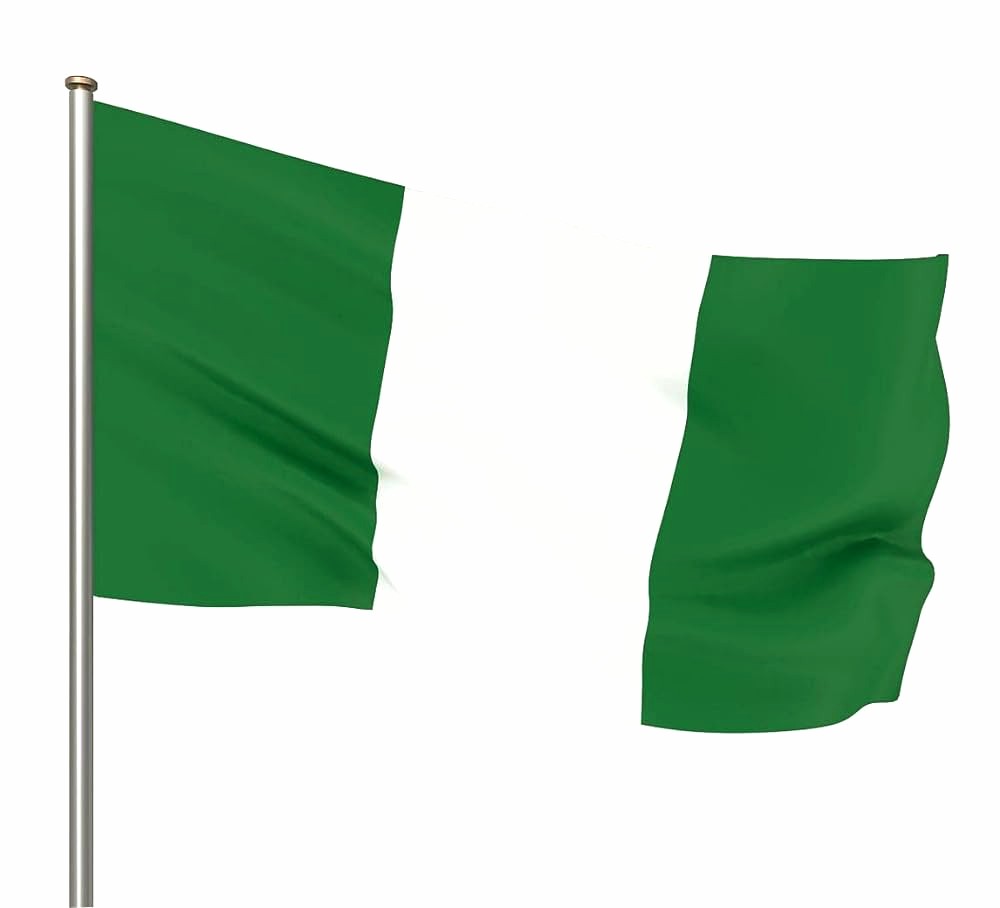
The flag of Nigeria symbolizes national pride and unity. Michael Taiwo Akinkunmi, a student, designed it in 1959 by entering a national competition to create a new flag for the soon-to-be-independent nation. Nigeria officially adopted the flag on October 1, 1960, the same day it gained independence.
The flag consists of three vertical stripes of equal width. The two outer stripes are green, symbolizing Nigeria’s rich agricultural heritage and natural wealth. The middle stripe is white, representing peace and unity. The design’s simplicity belies the deep significance of the colors and the values they represent.
Nigeria National Anthem
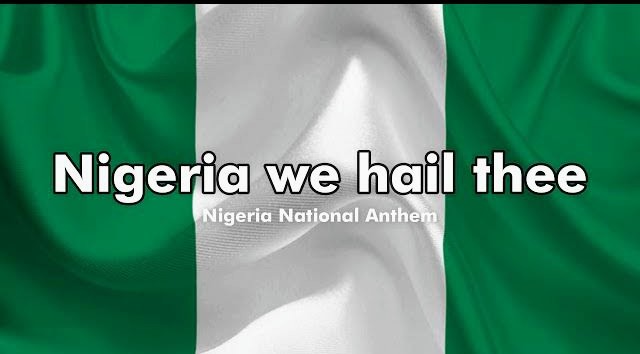
Recently, Nigeria reinstated its original national anthem, “Nigeria, We Hail Thee,” replacing “Arise, O Compatriots,” which had been in use since 1978. President Bola Tinubu signed this change into law on May 29, 2024, marking his administration’s first anniversary and the 25th anniversary of Nigeria’s Fourth Republic.
Proponents argue the anthem, composed by British expatriate Lillian Jean Williams, evokes nostalgia and patriotism, reflecting Nigeria’s diverse history. However, critics contend its colonial origins are inappropriate for contemporary Nigeria and believe the timing is poor amidst economic issues. Despite the controversy, supporters believe the anthem symbolizes national pride and unity.
Nigeria Map and Geography
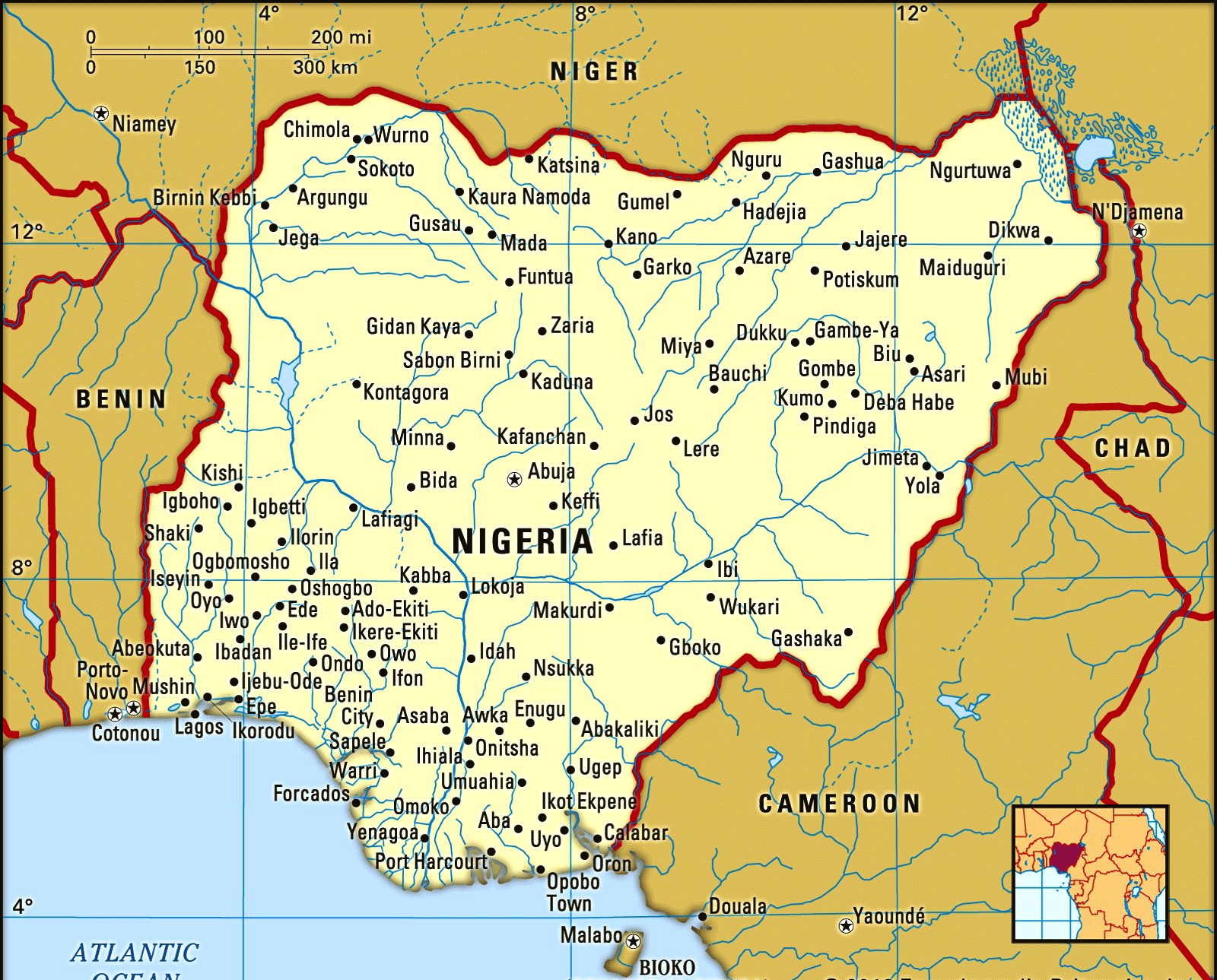
Nigeria, located in West Africa, shares borders with Benin to the west, Niger to the north, Chad to the northeast, Cameroon to the east, and the Atlantic Ocean to the south. It covers an area of approximately 923,768 square kilometers, ranking as the 32nd largest country globally.
Nigeria’s geography is diverse, featuring various landscapes and ecosystems. The southern region includes coastal plains and tropical rainforests. The Niger Delta, one of the world’s largest deltas, lies in this region and is known for its vast oil reserves. Moving northward, the terrain transitions to savannas and eventually to semi-arid regions in the far north.
Several major rivers, the most significant being the Niger and Benue rivers, traverse Nigeria. These rivers converge in the central region, forming a confluence that creates the Niger Delta. The river systems play a vital role in transportation, agriculture, and hydroelectric power generation.
Languages
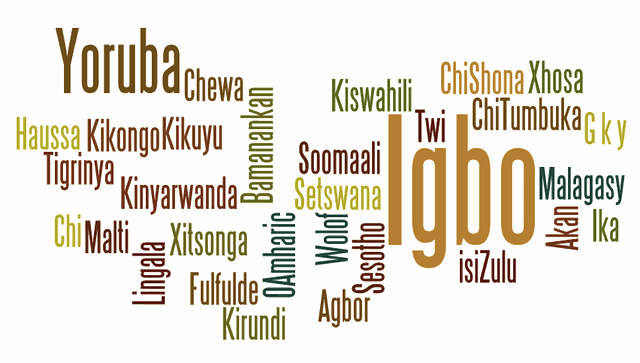
Nigeria stands as a multilingual nation, with over 500 languages spoken across the country. This linguistic diversity reflects the country’s rich cultural heritage. English, a legacy of British colonial rule, serves as Nigeria’s official language. English is used in government, education, and business, unifying the diverse population.
In addition to English, three major languages are widely spoken: Hausa, Yoruba, and Igbo. These languages correspond to the three largest ethnic groups in the country. Hausa dominates in the northern region, Yoruba in the southwestern region, and Igbo in the southeastern region.
Furthermore, several other languages and dialects are spoken by various ethnic groups, including Kanuri, Tiv, Ibibio, and Fulfulde. Indigenous languages prevail in daily communication, cultural practices, and local media.
States and Capital
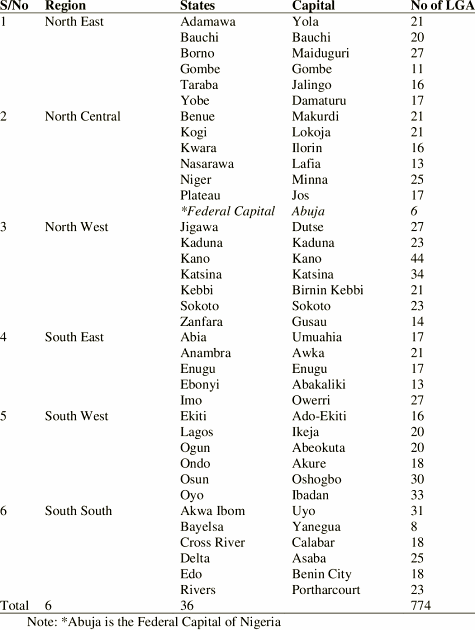
Nigeria, a federal republic, comprises 36 states and the Federal Capital Territory (FCT). Each state has its own government and is further divided into local government areas (LGAs). The states group into six geopolitical zones: North Central, North East, North West, South East, South South, and South West. This geopolitical structure aids in managing the country’s vast and diverse population.
Abuja, located in the center of the country within the Federal Capital Territory, serves as Nigeria’s capital. Abuja officially became the capital on December 12, 1991, replacing Lagos, which remains the largest city and the commercial hub of Nigeria. The decision to move the capital aimed to promote national unity and foster development in the central region.
Abuja, a planned city, is known for its modern architecture, wide roads, and green spaces. It houses several important government institutions, including the Presidential Villa, the National Assembly, and the Supreme Court. The city’s central location makes it accessible from all parts of the country, reinforcing its role as Nigeria’s administrative and political heart.
Economy and Development
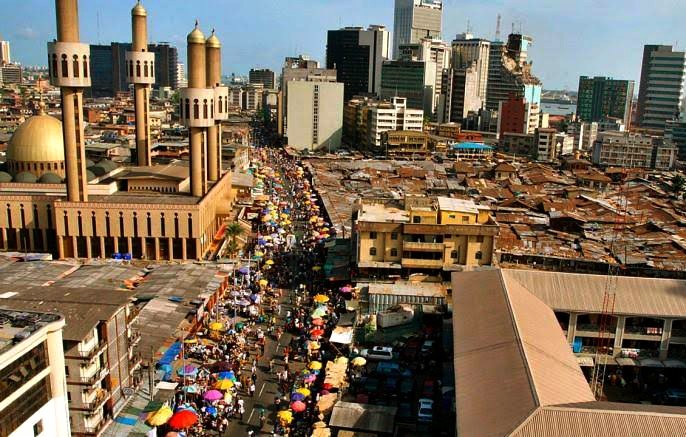
Nigeria, often referred to as the “Giant of Africa,” boasts a large economy and significant influence on the continent. The country’s economy primarily relies on oil and gas production, which constitutes a substantial portion of government revenues and export earnings. Nigeria ranks as one of the world’s largest oil producers, and its petroleum industry plays a crucial role in the global energy market.
However, Nigeria’s economy does not solely depend on oil. The country features a diverse economic base, including agriculture, telecommunications, manufacturing, and services. Agriculture remains a vital sector, employing a significant portion of the population and ensuring food security. Major crops include cassava, yams, maize, rice, and cocoa.
Moreover, the telecommunications sector has experienced rapid growth, with Nigeria boasting one of Africa’s largest mobile phone markets. The advent of technology and digital innovation has also spurred growth in the fintech sector, making Nigeria a hub for tech startups and entrepreneurs.
Despite these advancements, Nigeria faces several economic challenges. High levels of poverty, unemployment, and income inequality persist. Infrastructure development, particularly in transportation and energy, remains critical to sustaining economic growth and improving living standards.
Culture and Society
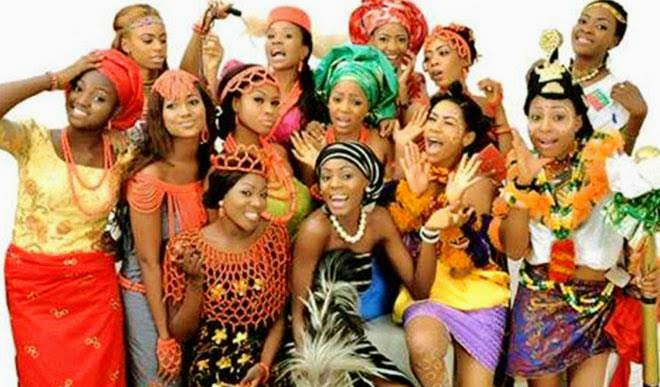
Nigeria stands as a cultural powerhouse with a vibrant heritage encompassing music, dance, art, and literature. The country is known for its diverse and dynamic cultural expressions, which vary across its many ethnic groups.
Nigerian music, for instance, enjoys global recognition and influence. Genres such as Afrobeat, Highlife, Juju, and Afropop have gained international acclaim. The late Fela Kuti, a pioneer of Afrobeat, remains an iconic figure in global music history. Contemporary Nigerian artists like Burna Boy, Wizkid, and Davido have also achieved global success, further showcasing Nigeria’s musical talent.
Nollywood, Nigeria’s film industry, stands as another significant cultural export. It ranks as one of the world’s largest film industries, producing thousands of movies each year. Nollywood films are known for their unique storytelling, vibrant characters, and relatability. The industry not only entertains but also provides employment and contributes to the economy.
In literature, Nigeria has produced world-renowned authors such as Chinua Achebe, Wole Soyinka, and Chimamanda Ngozi Adichie. These writers have made significant contributions to global literature, exploring themes of identity, culture, and politics through their works.
Nigeria Ethnic Diversity
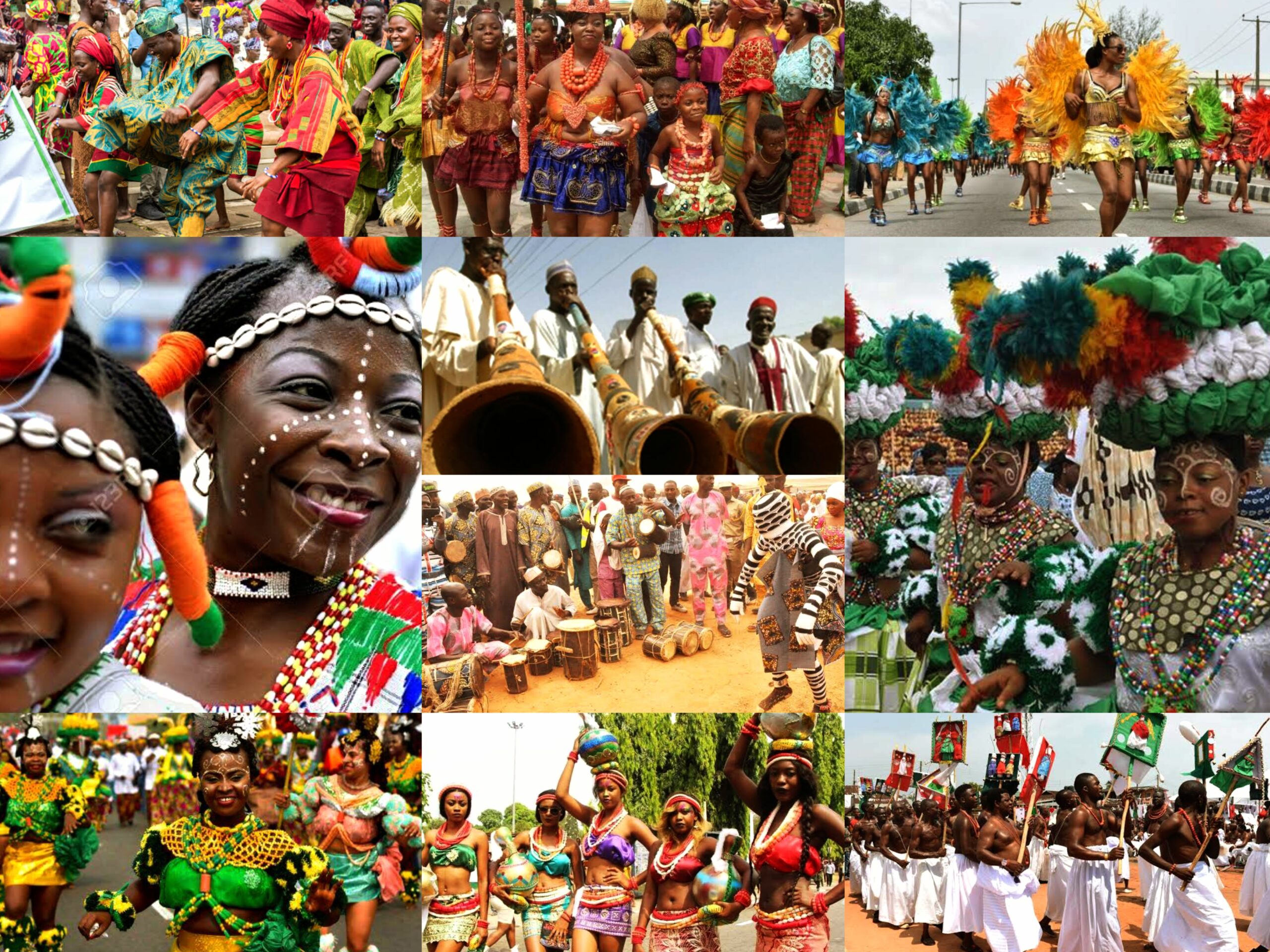
Nigeria, Africa’s most populous country, is home to over 250 ethnic groups, each with unique cultural heritage. The Hausa-Fulani in the north have a strong Islamic influence, the Yoruba in the southwest are known for vibrant festivals and traditional religion, and the Igbo in the southeast are celebrated for their entrepreneurial spirit. This ethnic diversity enriches Nigeria’s complexity and vibrancy.
Nigeria’s ethnic diversity poses challenges such as recurring tensions, violent clashes over power and resources, and competition within its federal structure. These issues hinder national unity and stability, highlighting the need for effective governance and inclusive policies.
To address these challenges, efforts to foster ethnic harmony in Nigeria include government policies like the Federal Character Principle for fair representation, civil society initiatives promoting dialogue, and cultural exchange programs such as the National Festival of Arts and Culture (NAFEST). These efforts are crucial for nurturing peace and unity in Nigeria’s diverse society.
Despite progress, Nigeria’s journey towards ethnic harmony is incomplete. Economic inequality and political marginalization continue to fuel tensions, especially in the Niger Delta and Middle Belt regions. The government and citizens must strive for equitable development and inclusive governance to address these disparities and foster a cohesive national identity.
Special Holidays in Nigeria
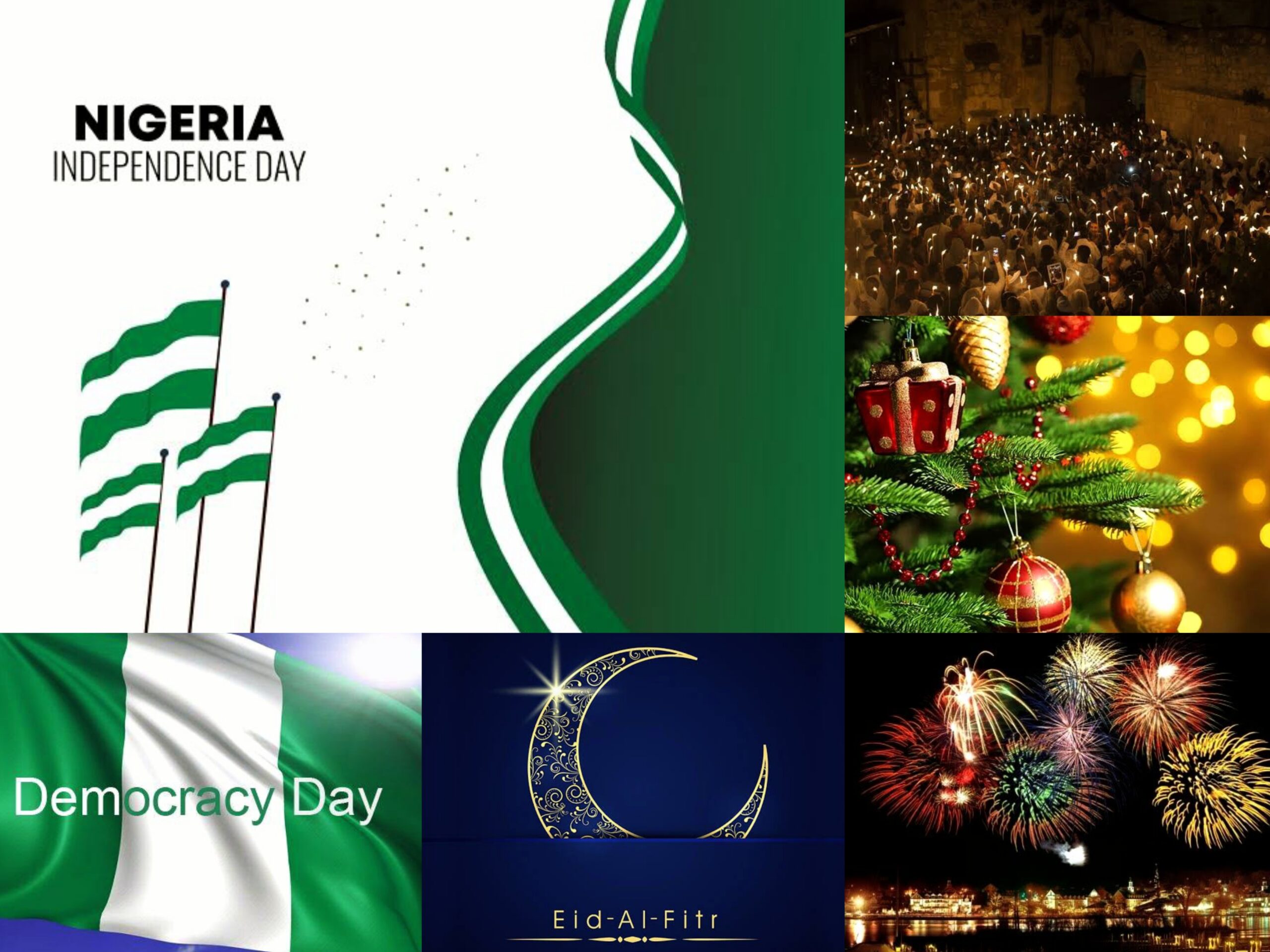
Nigeria, a culturally rich and diverse country, celebrates numerous holidays that reflect its vibrant traditions and history. These special holidays provide opportunities for Nigerians to come together, honor their heritage, and embrace communal unity. Let’s explore some of these notable holidays and their unique significance.
New Year’s Day
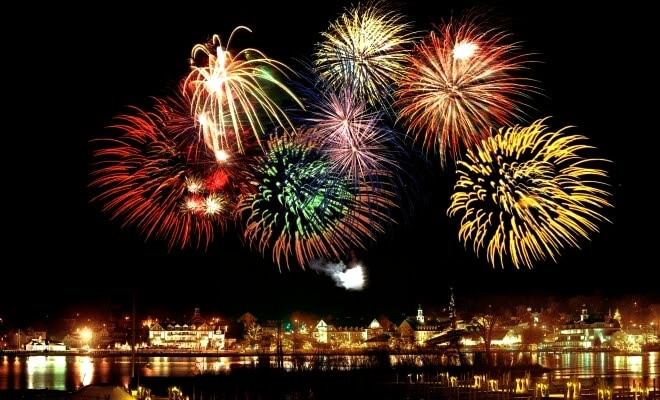
First and foremost, Nigerians celebrate New Year’s Day on January 1st, marking the beginning of the year. Like many places around the world, they welcome the New Year with festivities, fireworks, and communal gatherings. Moreover, people reflect on the past year and set resolutions for the future.
Easter
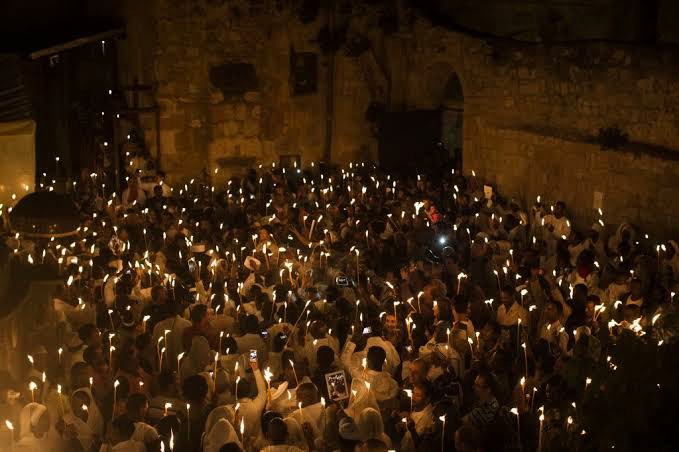
Next, Easter is another major holiday observed primarily by Christians in Nigeria. Celebrated in either March or April, Easter commemorates the resurrection of Jesus Christ. Consequently, families come together, attend church services, and enjoy festive meals. Additionally, during this period, many engage in the tradition of Easter egg hunting, particularly in urban areas.
Eid al-Fitr and Eid al-Adha
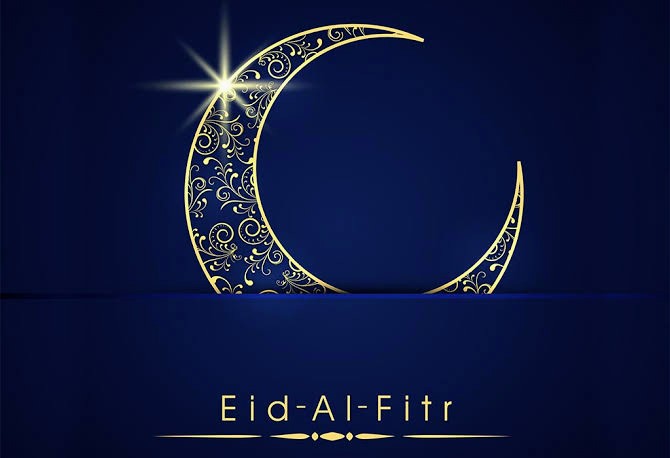
Furthermore, the Muslim community in Nigeria celebrates Eid al-Fitr and Eid al-Adha. Eid al-Fitr marks the end of Ramadan and brings great joy and feasting after a month of fasting. Similarly, Eid al-Adha, the Festival of Sacrifice, commemorates the willingness of Ibrahim (Abraham) to sacrifice his son in obedience to God. During these holidays, Muslims attend special prayers, share meals with family and friends, and give to the less fortunate.
Democracy Day
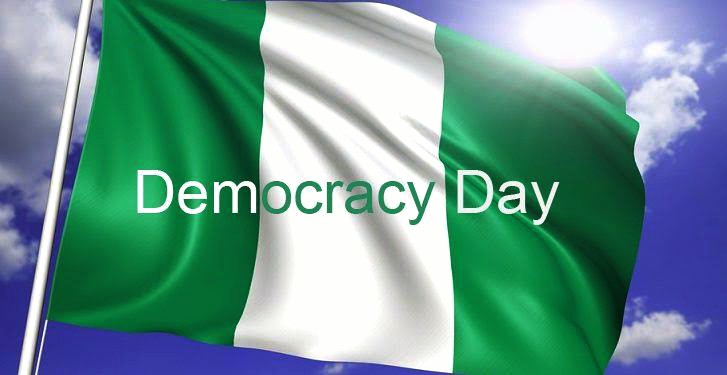
Nigeria’s Democracy Day, celebrated on June 12, marks a significant turning point in the nation’s history. Initially observed on May 29, it was moved in 2018 to honor the annulled 1993 presidential election, considered the freest in Nigeria’s history. Moreover, this change acknowledges the democratic struggles and the victory of the people’s will. Democracy Day offers an opportunity to reflect on Nigeria’s progress and challenges, such as corruption and political instability. It reminds citizens of the achievements and ongoing efforts needed to strengthen democracy.
Independence Day
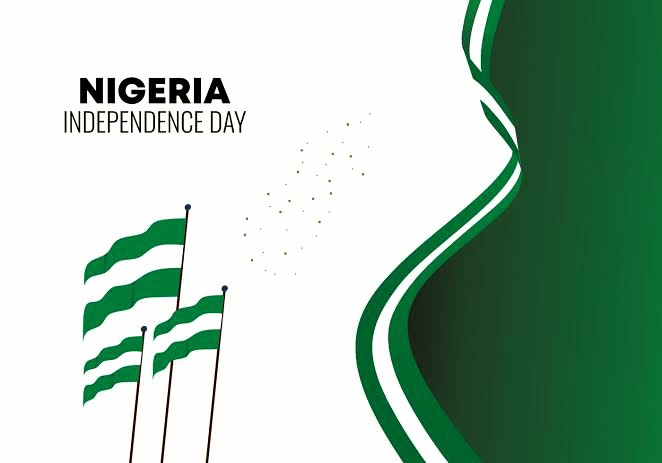
Additionally, Nigeria’s Independence Day on October 1st serves as a pivotal national holiday. It celebrates Nigeria’s independence from British colonial rule in 1960. On this day, parades, cultural dances, and various events promote national unity and pride. Importantly, Nigerians reflect on their nation’s journey and achievements.
Christmas

Moreover, Christmas on December 25th is widely celebrated, primarily by Christians but also recognized by many others in Nigeria. The holiday commemorates the birth of Jesus Christ and includes church services, family gatherings, and festive decorations. Furthermore, the period leading up to Christmas, known as the Yuletide season, features various social activities and community events.
Cultural and Regional Festivals
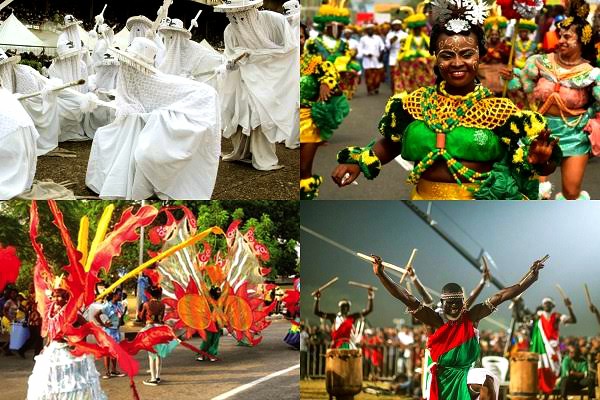
In addition to these national holidays, Nigeria hosts numerous cultural and regional festivals. For instance, the Osun-Osogbo Festival in August honors the river goddess Osun in Osogbo. Another notable festival, the Eyo Festival in Lagos, showcases a grand procession of white-clad masqueraders known as the “Eyo.” These festivals highlight Nigeria’s rich cultural heritage and diversity.
In summary, the special holidays in Nigeria demonstrate the country’s rich cultural tapestry and historical milestones. These celebrations foster community and togetherness, honor traditions, and reflect on the nation’s progress. Consequently, they strengthen national identity and unity among Nigerians.
Conclusion

Nigeria’s rich history, cultural diversity, and dynamic economy make it a fascinating country with immense potential. Understanding its past and present helps in appreciating the nation’s complexities and the efforts required to build a prosperous future. With its youthful population, vibrant cultural scene, and strategic economic position, Nigeria continues to be a significant player on the African continent and the global stage.
Related Topics
Naija News Roundup: Latest and Trending Updates in Nigeria
Bola Ahmed Tinubu: Biography, Political Career and News
Nigeria Anthem: President Tinubu Reinstates Old National Anthem

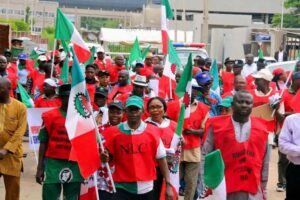

Nigeria is really the faint of Africa with many natural resources.